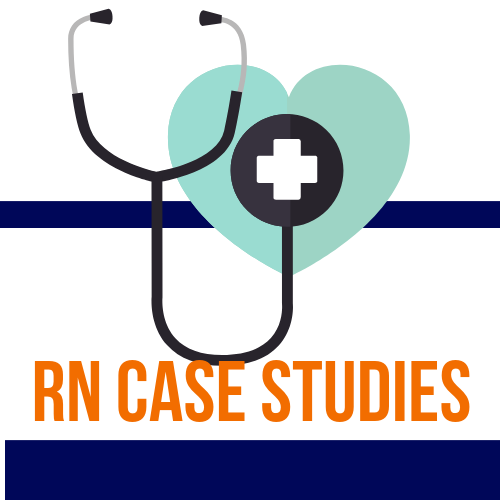Arterial Blood Gases
Introduction:
Arterial Blood Gases (ABGs) provide a wealth of information for the differential diagnosis of many respiratory and metabolic diseases, but how can nurses use this information as part of the physical assessment and reporting of key events? Changes in oxygenation and acid-base balance are key to understanding the acuity and progression of illnesses such as respiratory failure, sepsis, liver and renal failure, burns and other acute and chronic conditions. Keep in mind there are also complex and mixed presentation acid-base conditions. Although being book-smart is helpful, developing an intuition, gut-feeling or a clinical picture is key to responding quickly when faced with emergent patient changes.

Associated Diseases and Presentations:
Respiratory Acidosis-Hypoventilation
• COPD/Asthma
• CNS Depression
• Malignant Hyperthermia
Respiratory Alkalosis-Hyperventilation
• CVA, Brain Trauma, Brain Tumor, CNS Infection
• Pulmonary Embolus
• Pregnancy, Liver Disease, Sepsis, Hyperthyroidism
Metabolic Acidosis
• Methanol Intoxication, Ethanol Or Ethylene Glycol Intoxication
• Salicylate Intoxication
• Diabetic Ketoacidosis
Metabolic Alkalosis
• GI Or Renal Loss Of H+
• Heart Failure, Cirrhosis, Nephrotic Syndrome
• Severe Hypokalemia
Conclusion:
Consider what ABG results might be associated with various diseases and how changes in ventilation, metabolic status or fluids might change the patient presentation. Further study into acute versus chronic, compensated versus uncompensated, and anion gaps will provide more challenging detail to discuss with students in critical care rotations.
Download your FREE ABG Post Conference Lesson Plan Today!

Download your FREE Critical
Thinking Post Conference
Activity Today!
Complete with ABG Case Study examples, critical care clinical activity to help your students understand and compare their patient’s ABG results, and ABG reference guidelines on pocket card.
References
1https://www.thoracic.org/professionals/clinical-resources/critical-care/clinical-education/abgs.php
2.https://patient.info/doctor/arterial-blood-gases-indications-and-interpretation#nav-4
3https://medlineplus.gov/ency/article/003855.htm
4https://emedicine.medscape.com/article/301574-overview




